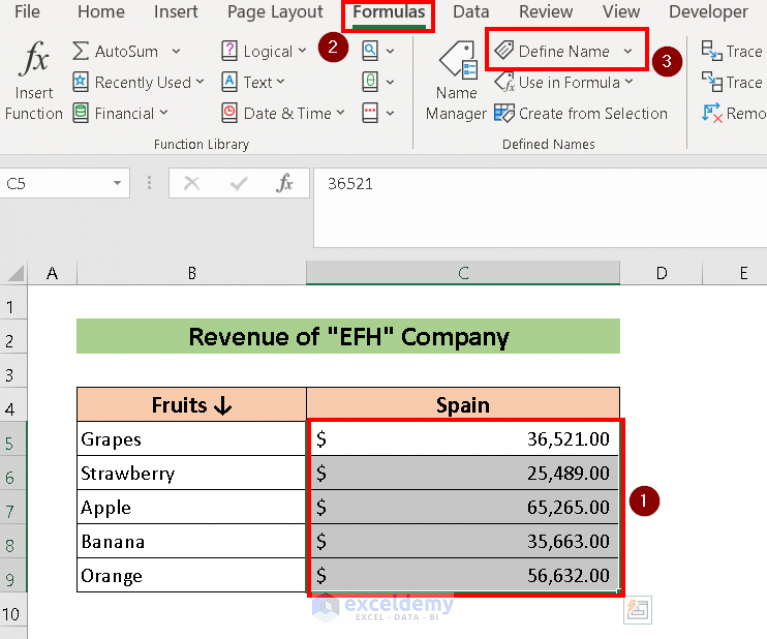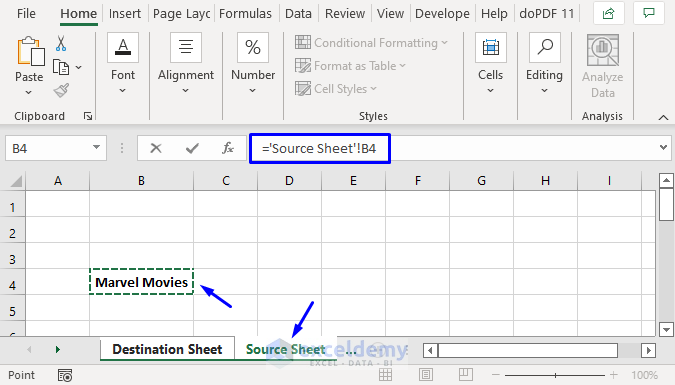5 Easy Ways to Link Excel Sheets Instantly

Mastering Microsoft Excel can elevate your productivity to new heights. One invaluable skill is connecting Excel sheets instantly, a process that can streamline your data management, reduce errors, and enhance your analysis. Here, we delve into five easy ways to link Excel sheets instantly, allowing you to manage your data efficiently.
1. Using Cell References

The simplest way to link data between sheets is by using cell references. This method allows you to reference data from one sheet in another:
- Select the cell where you want to link data.
- Type the equals sign (=) to begin the formula.
- Click on the sheet tab you want to reference.
- Select the cell from which you want to pull data.
- Press Enter, and the data will dynamically link to the original cell.
Example:
=Sheet1!A1
This formula links the content of cell A1 from Sheet1 to wherever you typed the formula.
🔹 Note: Remember, if the source cell changes, your linked cell will update automatically.
2. Creating Named Ranges

Named ranges make linking cells much more manageable, especially when you work with complex spreadsheets:
- Select the range of cells you want to name.
- Go to Formulas > Define Name.
- Enter a name for your range and click OK.
- Now, in another sheet, use the named range in your formula:
=SUM(NamedRange)
Using named ranges simplifies your formulas and makes them more understandable at a glance.
🔹 Note: Names must not start with numbers, spaces, or special characters.
3. Using the Consolidate Tool

The Consolidate Tool can combine data from multiple sheets or ranges into one:
- Select the destination cell where you want to consolidate data.
- Go to Data > Consolidate.
- Choose your Function (e.g., Sum, Average).
- Add the ranges or sheets from which to pull data.
- Enable Create links to source data if needed.
- Click OK.
🔹 Note: This tool does not change your source data; it provides a dynamic link to it.
4. External References

For linking data across different workbooks:
- In the destination workbook, select the cell to link.
- Type the formula, starting with the full path of the source workbook:
=‘[SourceWorkbook.xlsx]Sheet1’!A1
- Ensure the file paths are correct to avoid #REF! errors.
🔹 Note: Any changes in the source file will reflect in the linked cell if both workbooks are open.
5. Data Connection Wizard

For advanced users, the Data Connection Wizard allows for a more robust way to link external data:
- Go to Data > Get External Data > From Other Sources.
- Choose your connection type and set up the connection.
- Import the data to Excel and refresh as needed.
🔹 Note: This method supports dynamic updates but requires some setup time.
Linking Excel sheets instantly not only saves time but also ensures accuracy and consistency across your data sets. By employing these methods, you can ensure your workbooks remain up-to-date, organized, and easy to manage. Whether it's through simple cell references, named ranges, or advanced tools like the Data Connection Wizard, Excel offers a plethora of options to connect your data seamlessly. Now, you're equipped with the knowledge to link your spreadsheets effectively, ensuring your data is always interconnected and up-to-date.
What if I need to link data from a closed workbook?

+
You can still link data using external references, but you will have to manually update the links or open the source workbook if you want live updates.
Can I link charts or PivotTables between Excel sheets?

+
Yes, you can. Use the same linking techniques described above, but instead of linking a single cell, you link the entire data range or table used in the chart or PivotTable.
What happens if the linked source data changes?

+
Linked data will update automatically if both workbooks are open, reflecting changes in real-time. For closed workbooks, you need to refresh the link or open the source file.